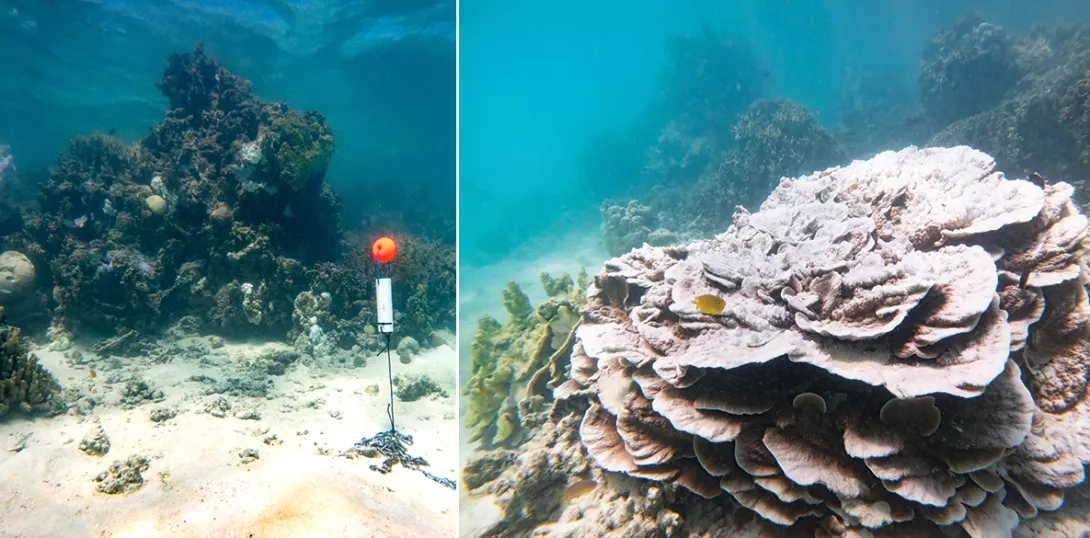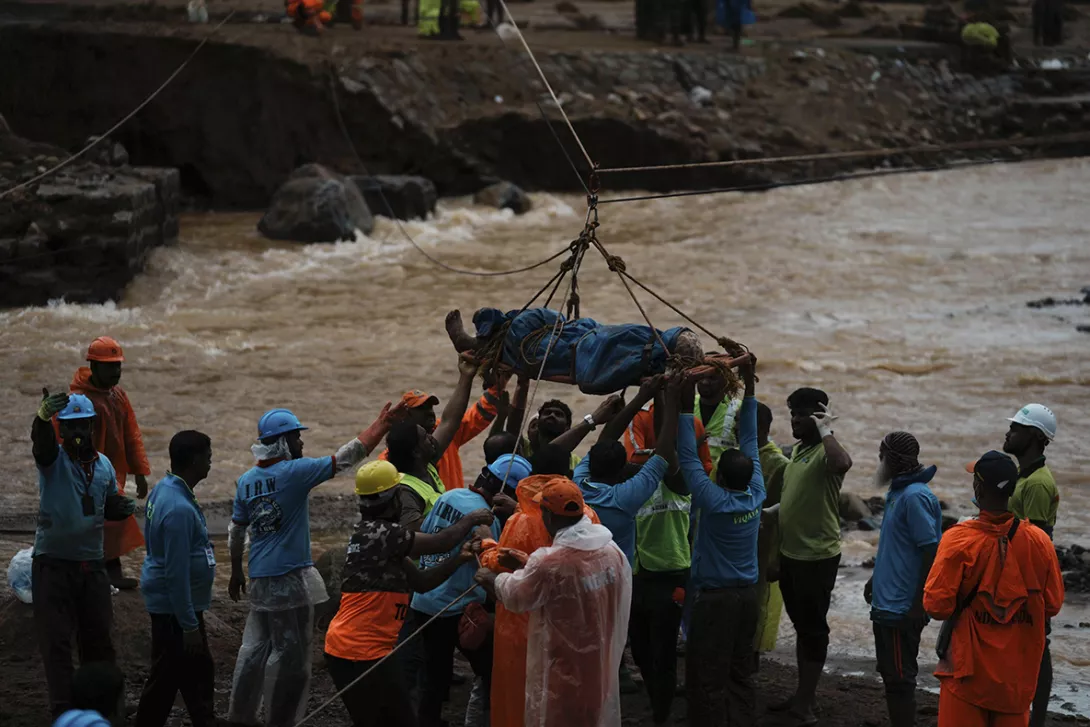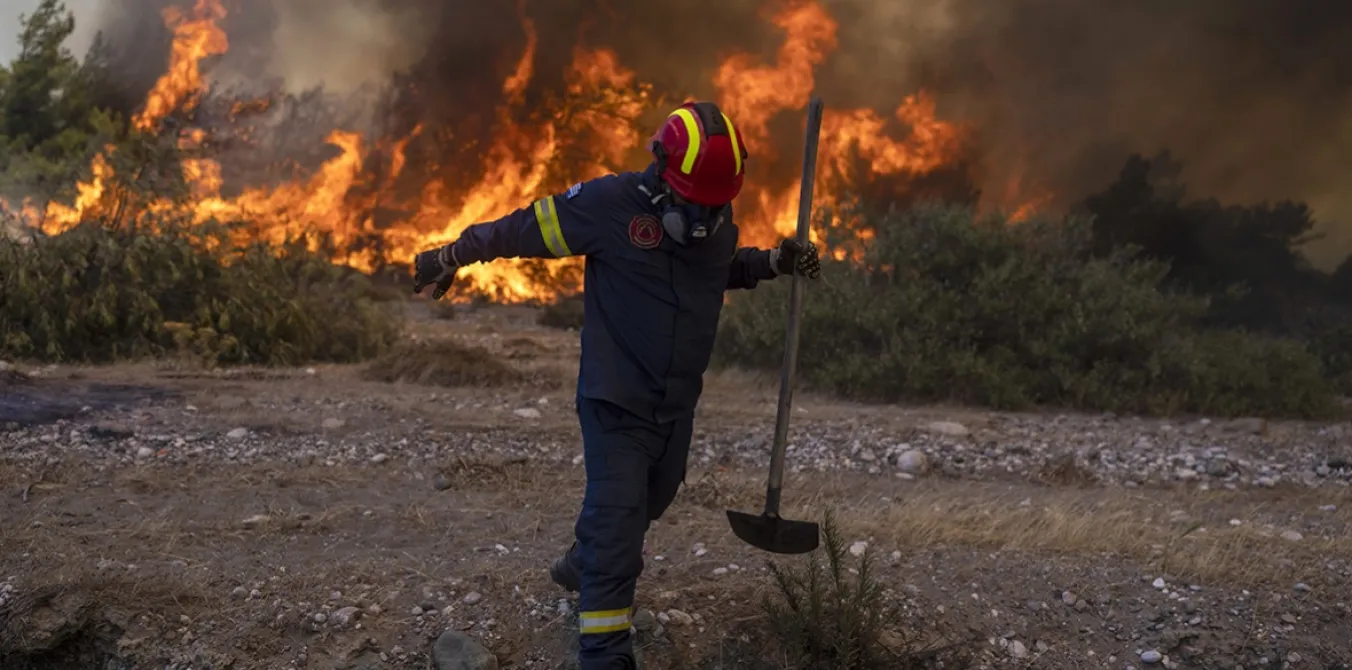
AFTER a record-breaking September for rainfall across ten English counties, flooding has become a frequent topic of conversation. With many areas of the country seeing flash floods and storms as of late, on top of a predominantly gloomy and grey summer, many ask how climate change has influenced the weather we’ve been seeing.
A common misconception is that climate change just causes the Earth to heat up, when in reality the whole climate system is being altered from the rising levels of greenhouse gases. While, yes, this does cause the Earth to heat up, it also results in more extreme weather like intense rainfall and stronger cyclones, as well as shifts in weather patterns across the globe.
The recent flooding in Britain can be largely attributed to the atmospheric setup. The Polar Jet Stream shifted south of Britain for the majority of September, resulting in unsettled and wet weather for much of the south, and dry conditions across the north.
The jet stream is the boundary between cold air to the north and warm air to the south. During the summer months, the jet stream is often further north which gives Britain its typical warm summer weather, but when it is positioned on or below Britain, the cold and wet weather becomes more prominent.
As the Earth warms, research shows jet streams across the planet have begun to shift towards the poles.
As jet streams are largely responsible for the weather of the region they are located in, a shift in position means a shift in weather patterns and conditions.
This could result in more common droughts and wildfires, as places that rely on winds from the jet stream as relief from heat will see a lack of this support. The shifting weather patterns will also bring more rain to areas that have historically been drier, causing floods.
A vital part of the Earth’s climate system is the water cycle, which involves water in the ocean evaporating and then later condensing over land. As average sea temperatures rise due to global warming, more water in the oceans will evaporate into the air.
For every 1°C of warming, the air can hold 7 per cent more water. When this moister air moves over land, there is potential for more intense rainfall due to the higher water content in clouds, and with more intense rainfall comes flooding.
Across the world, more extreme weather events are expected to occur as a result of global warming, from droughts to floods. Climate models can conclude how likely it is that a certain weather event would have happened before climate change, thus making a suggestion on how much climate change influenced the event.
There are some countries that are particularly vulnerable to the effects of climate change. Pacific Islands nations like Tuvalu are at risk of becoming uninhabitable if an intense cyclone passes through.
The rain associated with cyclones causes severe flooding, as seen with the recent hurricane Helene which devastated towns across the US. If a hurricane like Helene passed through Tuvalu, some islands could completely disappear from flooding.
As research suggests the intensity of cyclones will increase with global warming, countries vulnerable to cyclones await potential devastation.
The risks from climate change that Tuvalu faces are so great that the government of New Zealand has agreed to adopt the residents of Tuvalu, should the country become uninhabitable in the near future. This is expected to happen by 2050, with current climate mitigation strategies not being enough to save this nation.
The short of it is that mitigation against climate change that is occurring around the world right now is not enough. The more we push the idea of global warming aside, thinking the current policies and action are enough, the more the planet will warm at the same alarming rate, and the more consequences we will face.
You can expect the weather in the near future to be even more intense and unsettled, whether that is hotter temperatures or more frequent floods. Unfortunately, until the planet becomes carbon neutral and reaches net zero, more and more people will have to expect and prepare for extreme weather conditions.
Maia Clark is a meteorologist based in Britain — follow her on X @maiaclarkwx.










